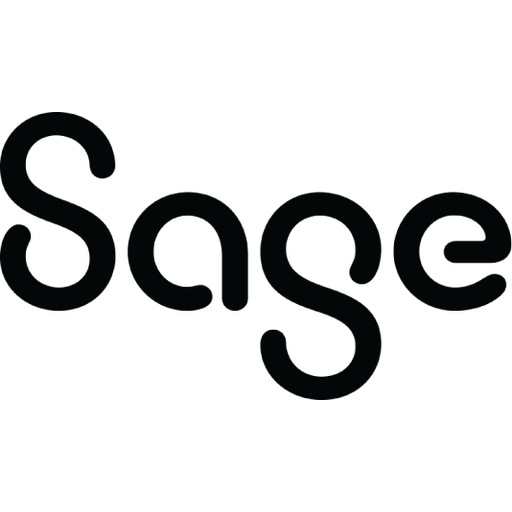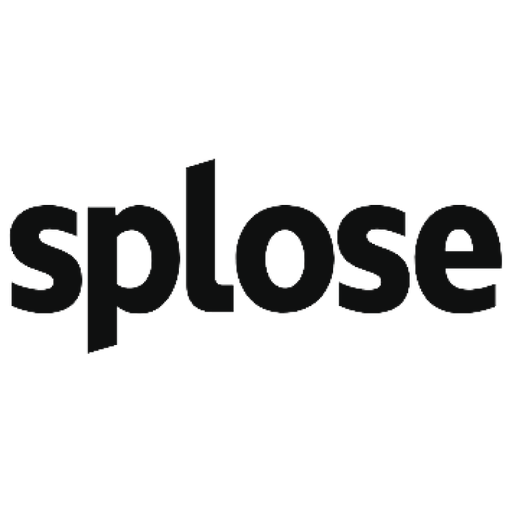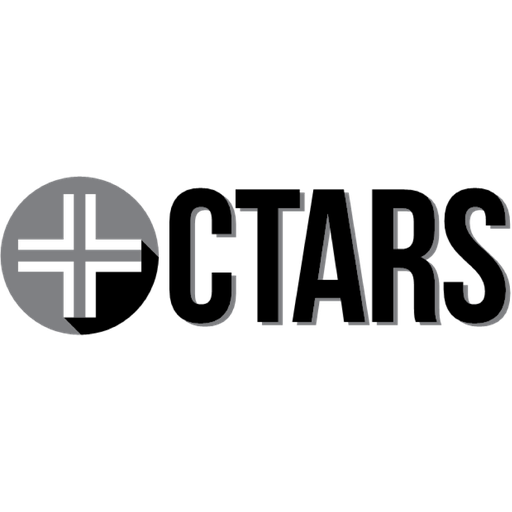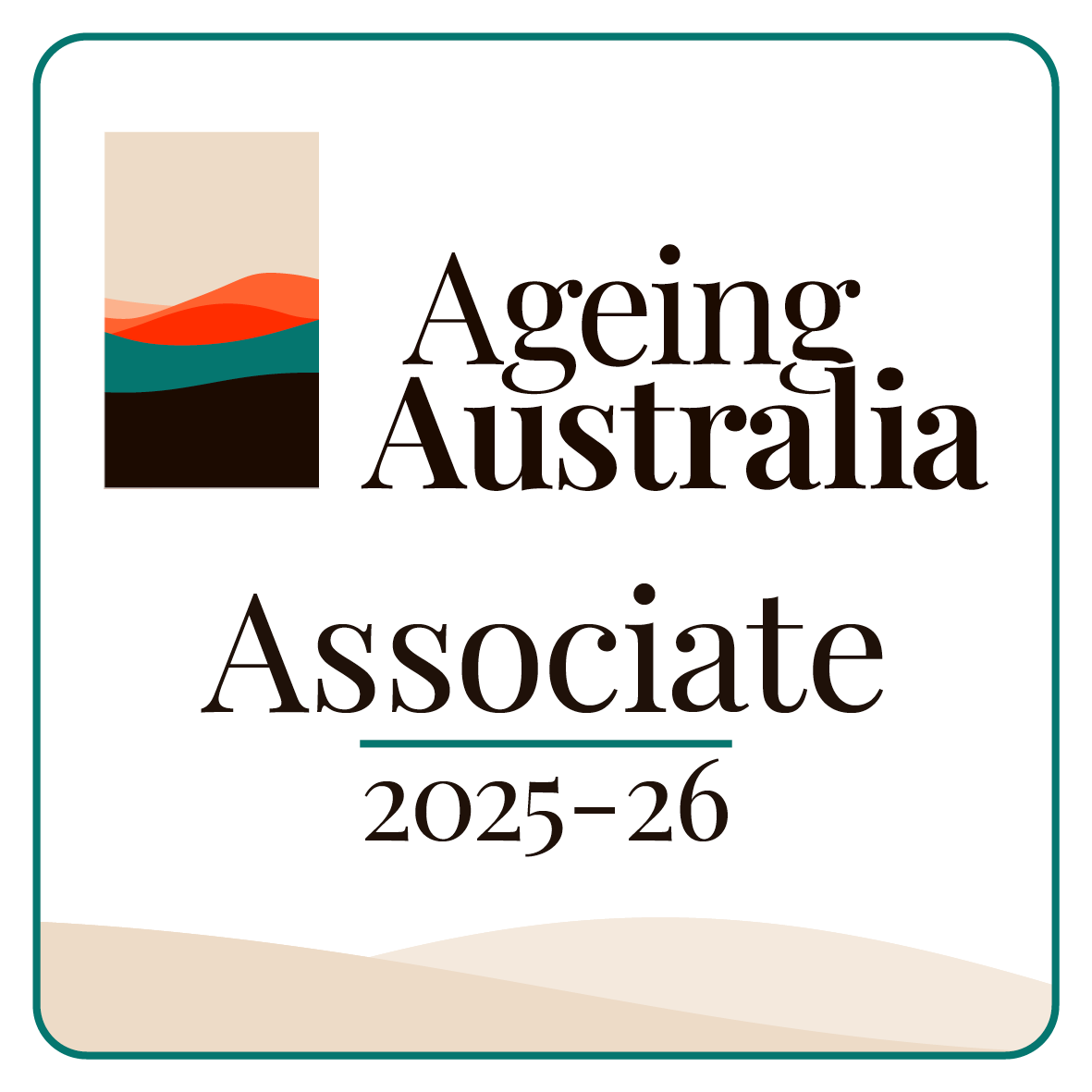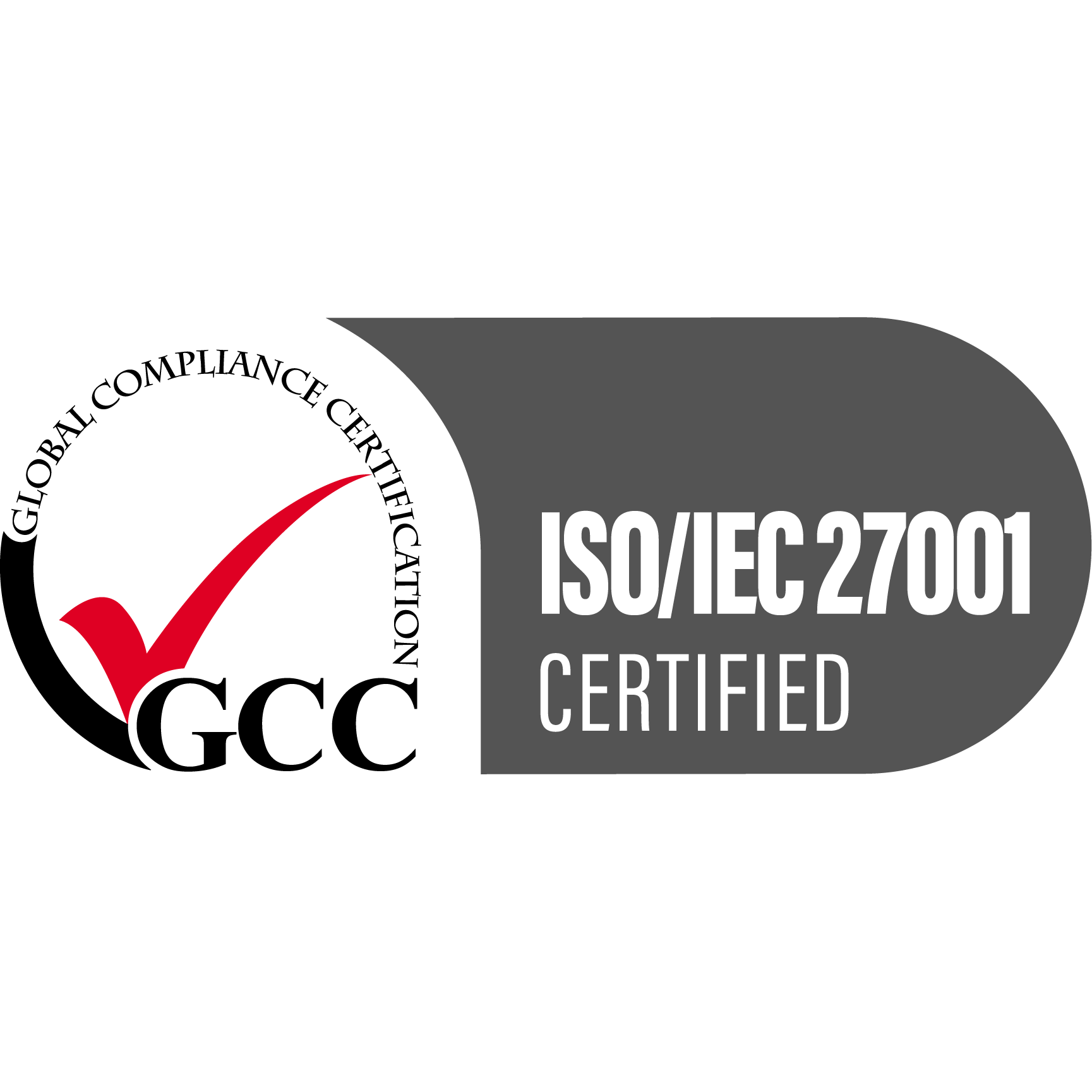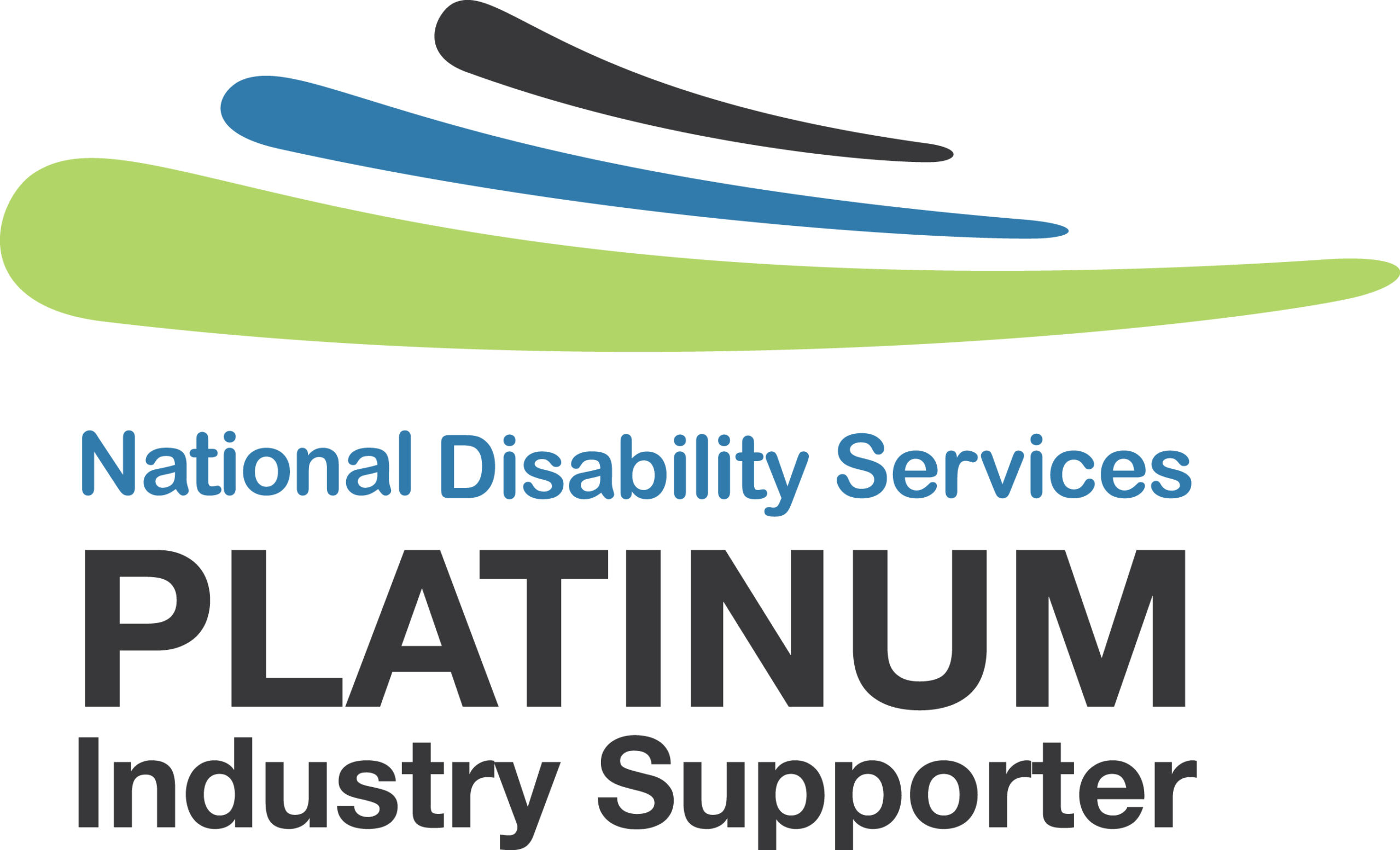Learning NDIS speak
As inevitable as death and taxes is the National Disability Insurance Scheme’s love of an acronym. Glance through any NDIS document to find them: SDA, SIL, AT, ILC, API, and more. We can agree that they’re probably good for brevity, but undoubtedly confusing if you’re new to the NDIS and unsure what they mean.
To unravel the mystery, quickclaim.com.au has written this NDIS glossary, so you can find and decipher any acronym, abbreviation, or term whenever you need to. We’ve been doing this a long time, so we’re fluent in NDIS speak and keen to teach you how to be, too.
If you encounter a word in your work and can’t find it in our glossary, please email tris@quickclaim.com.au. He will give you the answer and update this glossary.
NDIS Terms and Acronyms
API: Application Programming Interface
An API allows different software applications to connect, so that you can easily exchange data. NDIS APIs allow access to specific NDIA data, for organisations that have been approved.
AAT: Administrative Appeal Tribunal
The AAT is where NDIS participants go when they wish to appeal a NDIA decision. For example, if a participant is denied funding for support work, and have exhausted all other avenues to appeal, they will go to the AAT.
AT: Assistive Technology
AT refers to equipment that helps people perform tasks that they otherwise couldn’t because of their disability. This includes mobility aids such as powerchairs and walking frames or iPads and tablets with voice recognition software or other applications.
Capacity building
Funding within the capacity building section of a NDIS Plan is for supports that build a participant’s capacity, such as therapies, training, and employment support.
Capital supports
Funding within the capital supports section of a NDIS Plan is for high-cost items, including powerchairs, home and vehicle modifications, and more.
Core supports
Funding within the core supports section of a NDIS Plan is for supports that help participants complete activities, such as personal care or community access.
DSS: Department of Social Services
The DSS is the Federal Government department that is responsible for the policies that govern the NDIS. Operationally, the NDIA manages the NDIS, but the DSS is in charge of the Scheme.
ECEI: Early Childhood Early Intervention
The ECEI supports children with disability, helping them build their capacity to participate in day-to-day activities. The intent behind the ECEI is to build the skills of participants so they require less long-term support.
FCA: Functional Capacity Assessment
An FCA is a report written to support a NDIS participant’s request for funding in a planning meeting. For example, the FCA will identify risks associated with a lack of support and recommends what should be funded.
ILC: Information Linkages and Capacity Building
The DSS funds ILC programs to support community projects for people with disability, their carers and families. Organisations apply to the DSS to become ILC grant recipients.
ILO: Individual Living Options
ILO is a funded NDIS support that allows NDIS participants to build the supports they need for their preferred living situation. This is for participants with lower to medium support needs.
LAC: Local Area Coordinator
A LAC works for an independent organisation on behalf of the NDIA, helping NDIS participants and their families access the NDIS. Sometimes, they will run planning meetings, but don’t have the authority to approve NDIS Plans. They also operate within a specific geographic knowledge, with localised knowledge to support participants.
Line item:
A line item features the unique code, service name and description, and units and price for a service rendered by the provider. Prices must adhere to the Pricing Arrangements and Price Limits. Line items are necessary for claiming.
MTA: Medium-Term Accommodation
MTA is a funded NDIS support for NDIS participants to stay in accommodation while they search for a long-term alternative. This could be due to home modifications or a delay in housing.
NDIA: National Disability Insurance Agency
The NDIA manages the NDIS. In particular, the NDIA will approve NDIS Plans, award LAC tenders, pay providers, and assess access requests from participants.
NDIS: National Disability Insurance Scheme
The NDIS is a scheme that funds the supports of people with significant and permanent disabilities under 65 years old. It’s operated by the NDIA and governed by the DSS.
NDIS C / QSC: NDIS Quality and Safeguards Commission
The NDIS C registers and regulates NDIS providers, issuing bans to those providers that don’t comply with its Practice Standards and Code of Conduct.
OT: Occupational Therapist
An OT is a healthcare professional that helps NDIS participants identify and overcome barriers within their lives, so they can more easily complete tasks. This could be within housing, employment, or leisure activities.
PIA: Payment Integrity Audit
The NDIA will review NDIS claims to verify that they are accurate and legitimate. This prevents fraud and ensures a participant’s NDIS funds are used appropriately.
Reasonable and necessary
The NDIS will only fund what it considers ‘reasonable and necessary’. To be considered reasonable and necessary, a support must meet six criteria. It must
- be related to a person’s disability
- not be a day-to-day living expense
- offer value for money
- support a participant’s goals
- be unable to be provided by informal supports
- be only deliverable by the NDIS.
SC: Support Coordination
Support Coordination is a funded NDIS support that helps NDIS participants manage their funding, find service providers, and prepare for planning meetings.
SDA: Specialist Disability Accommodation
SDA is a funded NDIS support for a home or dwelling that a NDIS participant lives in. Commonly referred to as ‘bricks and mortar’ support, as it doesn’t fund supports to live within the home, only the home itself.
SIL: Supported Independent Living
SIL is a funded NDIS support that allows NDIS participants to access support workers within their home, so that they can receive help with daily personal activities. This includes showering, dressing, toileting, cooking, and more.
SLES: School Leaver Employment Supports
SLES if a funded NDIS support to help people with disability transition from the final year of high school to employment, building their skills and confidence.
STA: Short-Term Accommodation
Previously known as ‘respite’, STA is a funded NDIS support that allows people with disability and their carers to recharge. Funding goes towards a short stay in specialist accommodation.




